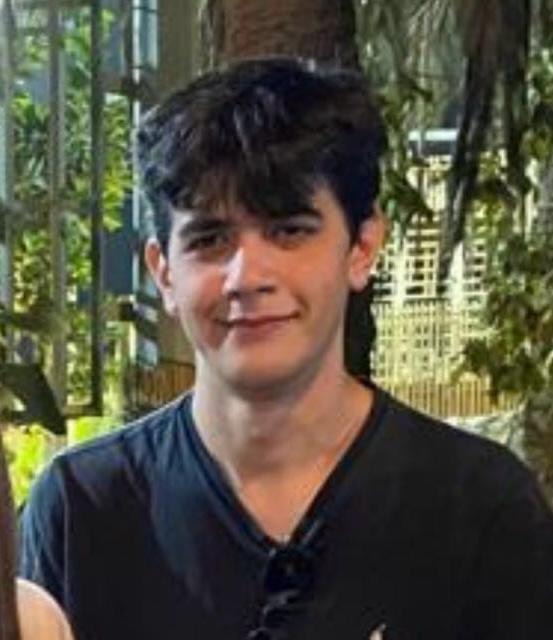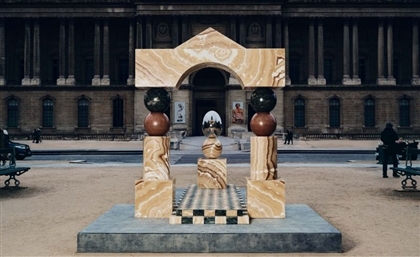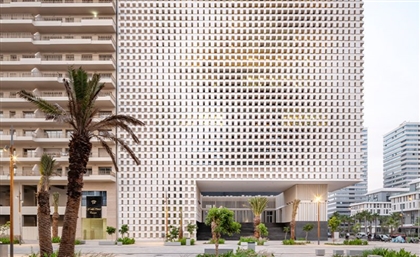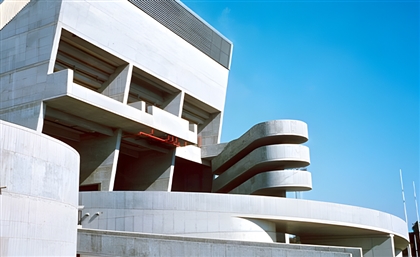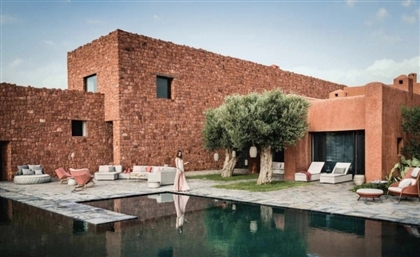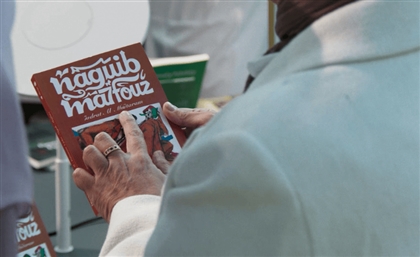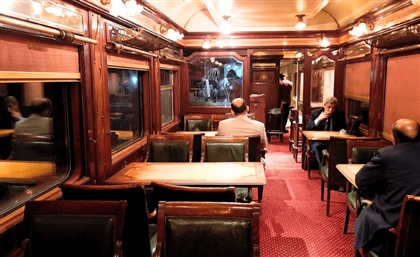Figs & Olives: Kalam Aflam Calls Palestinian Art to the Stage in Paris
The Paris-based initiative highlighted the works of Palestinian artists, and showcased how food can be a form of resistance.
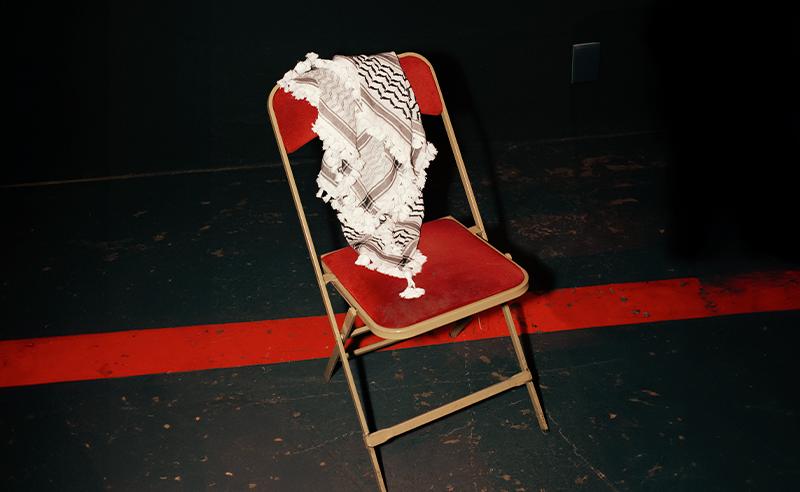
Kalam Aflam, a Paris-based association made by Arabs in the diaspora to highlight their community’s art and culture, hosted their latest event at the Point Éphémère arts centre, bringing the spotlight to the Palestinian people. Aptly named ‘Figs and Olives’, the event highlights the works of artists from Gaza and the West Bank, exemplifying their longstanding spirit of resistance while exposing the realities of life under Israeli occupation.
-43267789-cf32-4801-af23-ec28ddb2c05d.jpg)
“We're here today to share in this connection with the land, to use it as a form of expression, as a form of solidarity,” Abood Al Bakri, co-founder of Kalam Aflam, told CairoScene. “Most importantly, we are here to use it as a form of resistance. This is why we’re here today.”
-98874077-944a-4f4d-809d-feb136292df2.png)
Speaking to an open crowd at the commencement of the event, Hayat Aljowaily, founder of Kalam Aflam, said, “We chose the theme ‘Figs and Olives’ months and months ago, but it resonates more deeply than ever today because it's olive harvesting season everywhere, but especially in Palestine, where for decades Palestinian farmers have been prevented from accessing their groves and peacefully harvesting their olives, as well as where thousands of olive trees have been uprooted and burnt.”
-8c86a67c-05c9-4999-a3ad-fb67cedc48ac.png)
Kicking off the evening events was a sit-down dinner prepared by the catering group Yalla Traiteur, led by Syrian chef Kinan Koudsi. With a complex array of rich Levantine flavours and stunning presentation, guests were treated to traditional Palestinian food that tells an age-old story of cultural heritage. Living up to the name of the event, Figs and Olives also hosted Kaïa, a celebrated, family-led olive oil brand.
-05e11ad3-7d26-45cb-9f33-f306968cec69.png)
London-based nonprofit Hekayyatna stirred conversation with a talk on ‘Food as Resistance’. Represented by Zeina Dowidar as speaker, the talk incorporated subjects such as how culinary traditions have been used to resist colonisation, erasure and oppression. Shortly after, Dowidar was joined by Dalia Soumi from La Palestine Nous Rassemble for an immersive dialogue.
-37954410-f80c-4db1-ad35-578e707e015b.png)
“Food is not just nutrition, and food is not just ingredients,” Soumi said to the crowd of attendees. “Food is linked to creativity, it's linked to folklore, it's linked to traditional dances. The way that we eat, our relationship to different ingredients; it is, of course, before anything else, directly linked to land and to nature.”
After the talk, attendees had the opportunity to view a curated selection of short films talking about Palestine. The three films were ‘Zaytoona’ by Naima Almajdobah, ‘Zaitoon Sitti’ by Jenna Massoud, and ‘Maradona’s Legs’ by Firas Khoury.
Towards the end of the night, Egyptian singer Maria Edward enchanted the audience with a live performance, blending classic Arabic music with American blues and rock. The final performance of the night came from Chekbo, an Algerian artist and activist whose work seamlessly transitions between genres and languages.
- Previous Article Italian-Palestinian Duo No Input Debuts Eponymous Electro EP
- Next Article Egyptian Embassies Around the World







